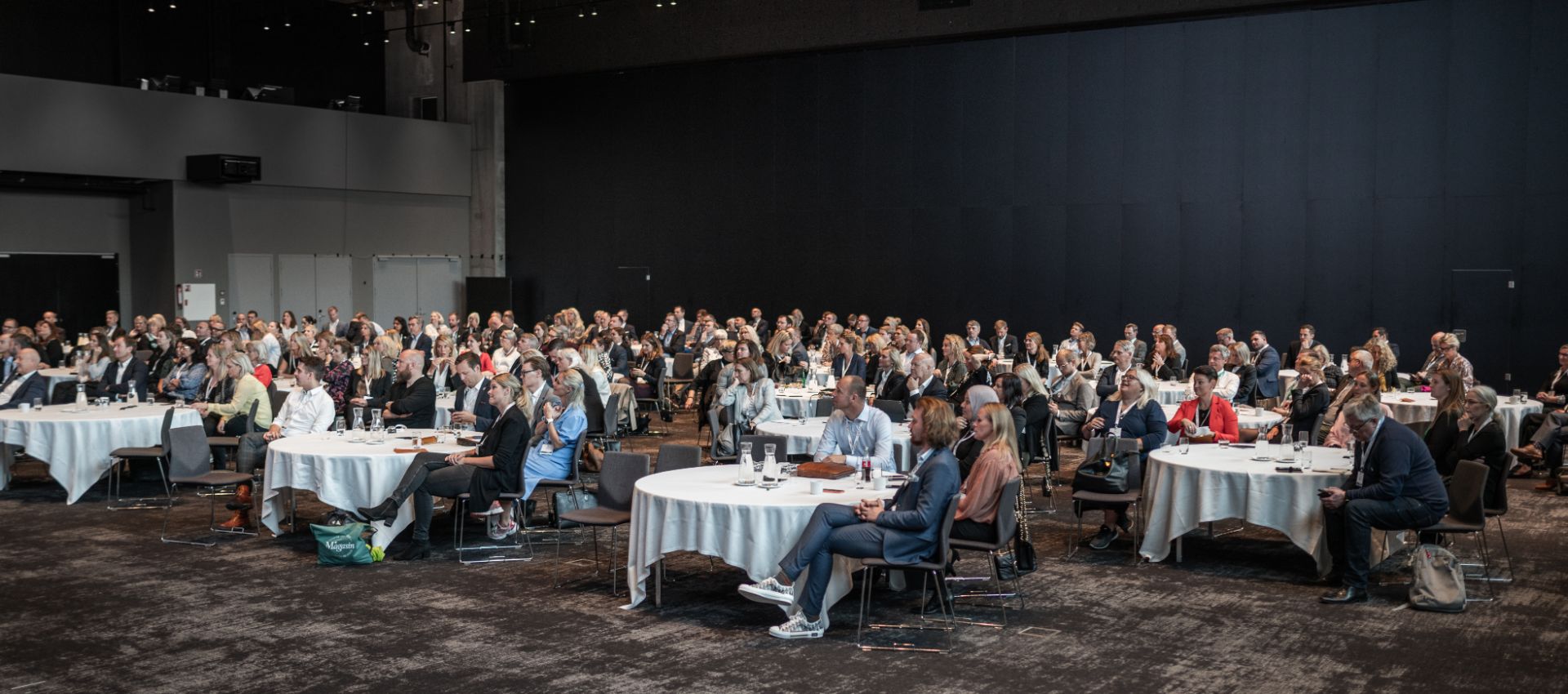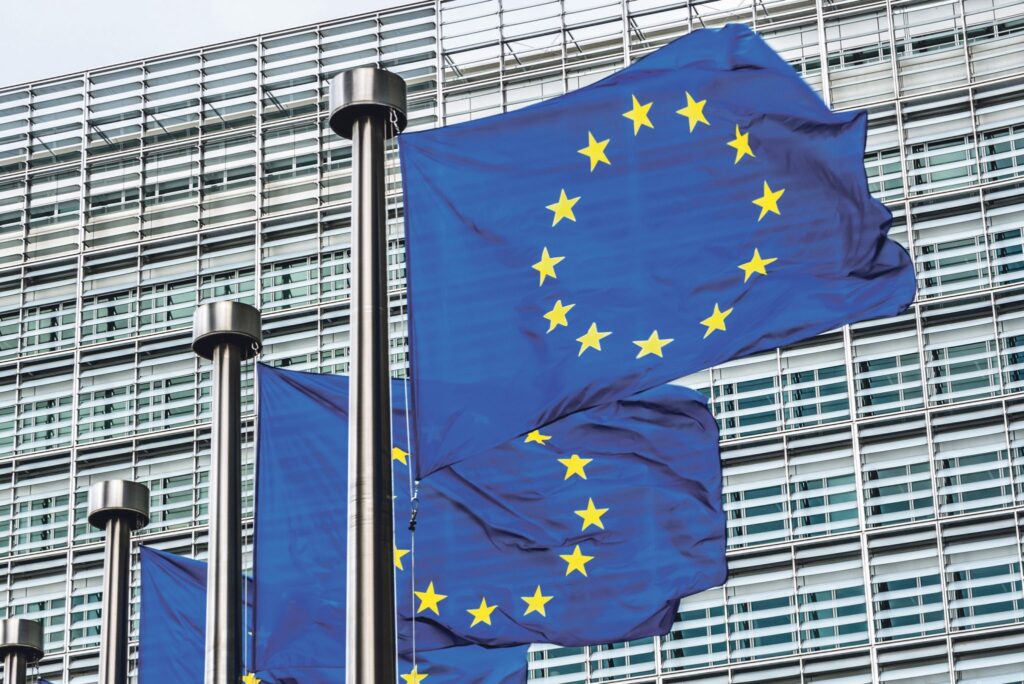Executive

Nordic Business Travel Is (Coming) Back
04/11 - Anne Mette Berg, General Manager, DBTA
Business Travel was almost non-existant during the Covid-19 pandemic. Within a few days, most industries related to the travel, transportation, tourism/experience industries ground to a halt. Whilst we cannot yet predict how the industry will look 2-5 years from now, we fortunately can now see that business travel is coming back.
GBTA | Global Business Travel Association sends a poll to all its members worldwide once or twice a month. The latest poll highlights that there are clear signs of a recovery, albeit slow, although there is still also uncertainty around the impact of covid variants such as the Delta variant. Some companies in the Nordics do still have a travel ban in force, or only allow ‘business critical’ travel. However, recently there has also been good news as many companies now say, “let’s travel thoughtfully/responsibly”. Travelling domestically, within the Nordics, and inside Europe is getting better every day. There are more people in the airports and more fully booked flights – especially within the Nordics. There are still regulations meaning that we must wear facemasks in most airports and while flying, but even these appear to possibly disappear soon. Most countries have international Corona passports, and it is no problem getting a test throughout the Nordic countries. However, there is still a difference in pricing policies in this area; in Denmark for example all tests are free, while in Finland you have to pay. In late September, the USA announced that it is now reopening to vaccinated travellers from Europe, triggering great optimism among airlines and many other travel-related industries.

New research from Nordic Bench shows that Africa, South America and Middle East are low down on the list of areas that people expect to travel to. The same research also predicts that many companies expect airline prices to go up, while hotels, meetings & events prices are expected to stay the same or decrease a little.
The Nordic Business Travel Association asked our Buyer members in September what they expected:
- 14% expect that travel will not restart until 2022
- 50% have lifted their travel ban since we asked the same questions in May 2021
- 46% have started to book smaller meetings and 16% have started to book larger meetings
- 65% say that their travel policy has been changed during the pandemic
We also asked a few DBTA members last week what trends they think are on the way : “Meetings do not (always) have to be physical and for a long period we will see less travel activity – in return, I believe that there will be a boost for private travel, regardless of whether sustainability is high on the agenda.” “Fewer business travellers means less revenue. It increases the pressure on airlines that need to adjust their business models to become competitive.” “Sustainability in the broadest sense will change. “We are what we measure” – but right now we do not have all the tools we want to be able to measure what we want. But it will come and the results and figures will give us the benchmark on which we will act ; as a society, as companies and consumers – both within B2B and B2C.”
What have we learned?
Work-life balance will probably become Life-work balance. In the Nordics a lot of companies have experienced that working from home is effective and here to stay. Maybe not applicable to all days of the week, but many talk about 2-3 days at the office and the rest of the week working at home. In Denmark, several companies are even experimenting with a 4-day working week. But how about business travel? Will we stay at home and keep going with digital meetings? It is still early days and perhaps it will take a few years until we know. Sustainability is high on the agenda of many companies, so I believe that there will be a transformation of how we meet in the future. We have become very familiar with digital meetings very quickly, and technology in this area is becoming more and more advanced. Virtual reality, virtual training, intuitive cameras, drones etc. all give us great opportunities to reduce travel whilst still getting in touch with people all over the world. The value of the in-person meeting however can never be underestimated, and never goes out of fashion. The feeling of being together in the same room is still what drives many of us. So, let’s take another look in 2-3 years and see how things have developed. I trust that we will still travel and meet, maybe not as much as we did before the pandemic, but in a more thoughtful way






